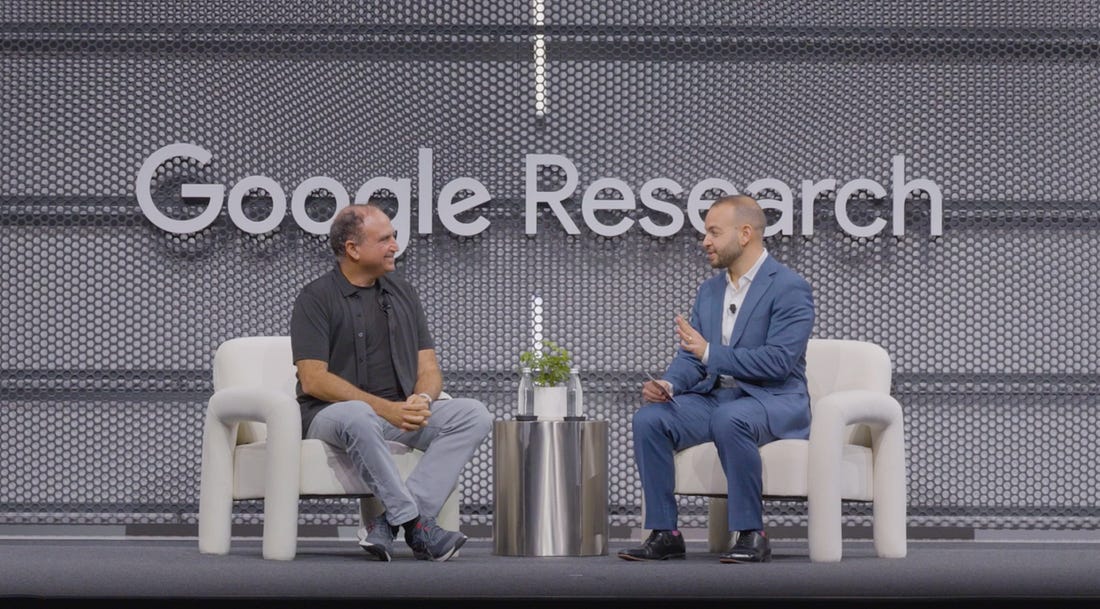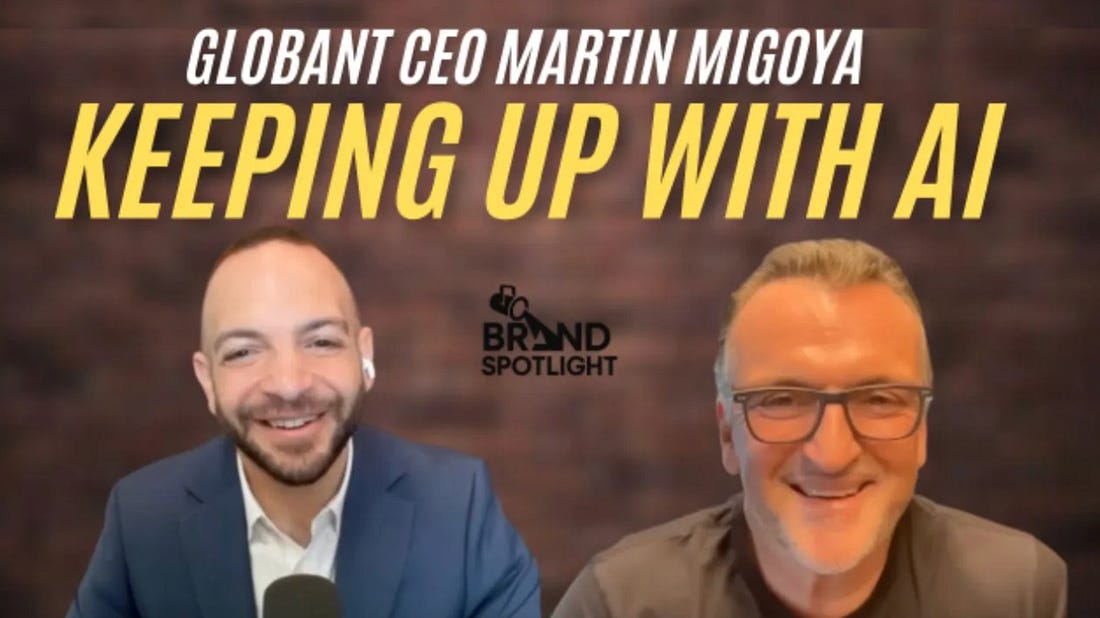|
Google Research Head Yossi Matias: AI Will Lead To More Researchers, Not Fewer
If AI can automate research, what chance do the rest of us have?
Google’s research efforts have been humming lately. Over the past two weeks, the company announced it had used LLMs to find a potential new cancer treatment pathway, said its quantum chip ran an algorithm 13,000 times faster than classical supercomputers, and it made deeper geospatial data available via prompt on Earth AI.
On Thursday, I sat down with Google Research head Yossi Matias for a conversation about the latest news at an event the company held at its Mountain View headquarters. Google has been using the latest AI models in its research work — in the cancer case, the model made a hypothesis that proved out in living cells — and I wanted to get Matias’s perspective on whether the technology could eventually replace human researchers.
Researchers are a terrific test case for whether AI will eventually lead to broad displacement. Their work is experimental, unstructured, and takes on new problems by definition. If AI can replace them, it might be bad news for the rest of us. But Matias shared an answer that illuminates how today’s discussions about AI and labor often only get part of the picture.
“We’re going to need many more researchers in all disciplines,” Matias told me. “The only situation where you need less researchers is if you assume that we practically almost answered all the questions that we need to have. I don’t think anybody here in the audience would think that. We are only understanding tiny bit of what we need to understand.”
Matias cited Google DeepMind’s efforts with AlphaFold, the AI initiative that decoded protein structures, as an example of AI actually creating more work for researchers as it automates processes. “We don’t have less researchers working on proteins. We have actually have many more, right?,” he said. “But now they don’t need to work on the protein folding problem. They’re actually using it for bigger questions.”
There are definite parallels in the business world. When a CEO automates a job with AI, they can either fire the person whose job they automated or put them on a new task. The conventional wisdom is that automation leads directly to layoffs. But that misses the fact that most business leaders believe there is much more work to be done than they can realistically assign to their workforces. The smart CEOs put those whose work they automate on new problems.
This perspective may be too optimistic. We’re already are seeing some companies plan to use AI to reduce hiring. But to date generative AI hasn’t led to mass job displacement. And where it has eliminated jobs, you really need to squint to see it.
“I think about it as AI as an amplifier of human ingenuity,” Matias said. “It really empowers the scientists, the healthcare workers, the teachers, the business people in our everyday life.”
Google Research’s leader has incentive to say that. But it’s a perspective at least worth considering amid the prevailing narrative.
How to turn AI into real business outcomes: a conversation with Globant’s CEO (Sponsor)
AI hype is everywhere, but few leaders can explain how to make it actually work inside the enterprise. In this episode of Big Technology, Martín Migoya, Co-founder and CEO of Globant, lays out a pragmatic blueprint for scaling AI beyond the lab.
He breaks down the shift toward context engineering, agentic workflows, and human-supervised AI Pods, showing how companies are already using these systems to automate procurement, streamline e-commerce returns, and migrate legacy code. Migoya also unpacks model orchestration, AI guardrails, and the future of Globant’s token-based pricing for managed AI capacity.
If you want a clear, hype-free look at enterprise AI in practice — this is the conversation to watch. Watch the interview
What Else I’m Reading, Etc.
Amazon is considering replacing 500,000+ jobs with robots [New York Times]
OpenAI’s enlisted 100+ bankers to help AI build financial models [Bloomberg]
Google and Anthropic partner on a multibillion dollar cloud deal [CNBC}
Meta is cutting 600 AI jobs after hiring spree [New York Times]
Brian Chesky says ChatGPT’s tools aren’t ready yet for an Airbnb integration [Bloomberg]
OpenAI’s new Atlas browser is actually good at some things [Ars Technica]

